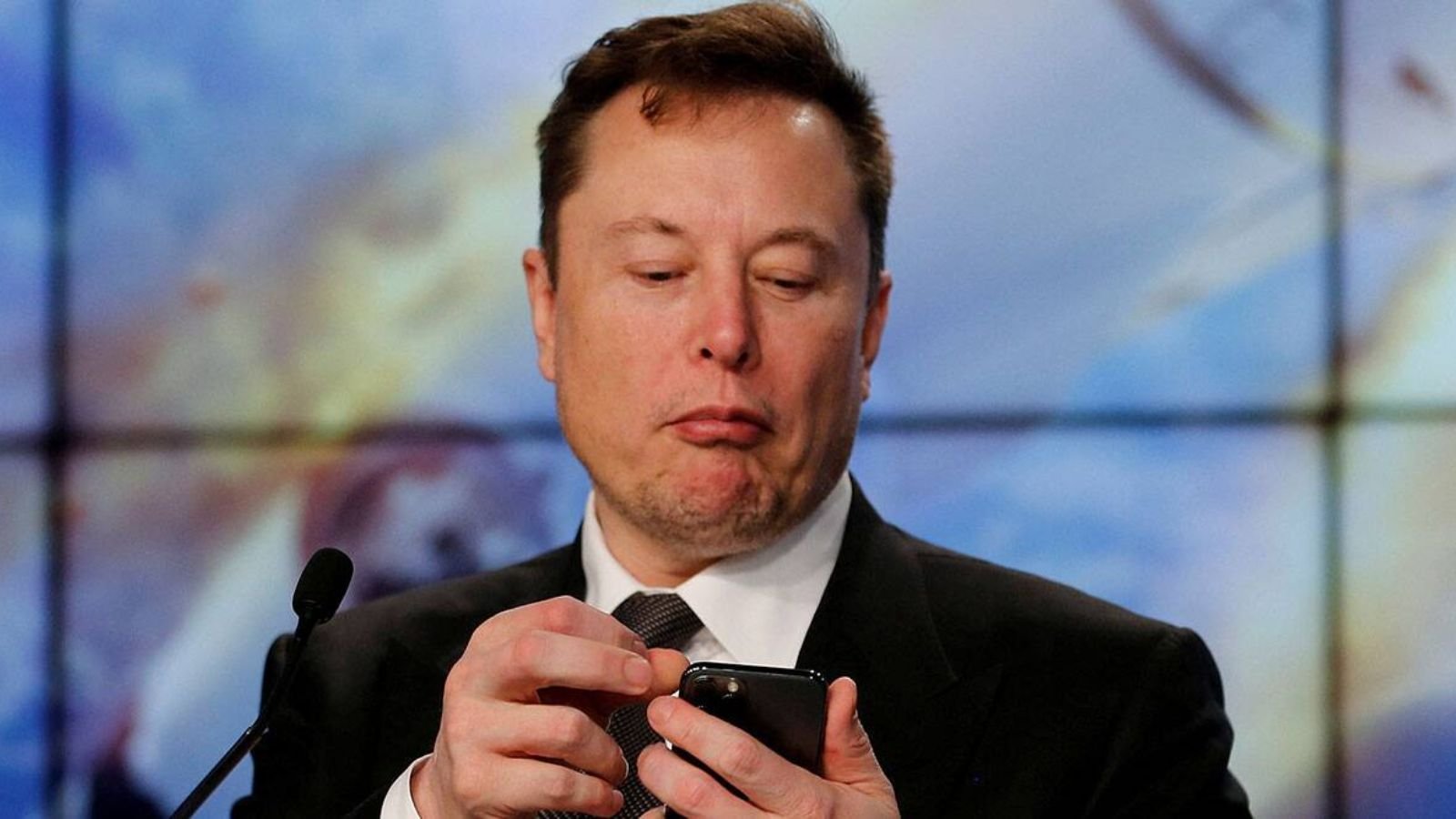Wikipedia co-founder Jimmy Wales has expressed serious concerns about using large language models (LLMs) to create a trusted source of information, just days after Elon Musk launched Grokipedia, an AI-powered alternative to the popular online encyclopedia platform.“The LLMs he [Musk] is using to write it are going to make massive errors. We know ChatGPT and all the other LLMs are not good enough to write wiki entries,” Wales said at the CNBC Technology Executive Council Summit held in New York City on Tuesday, October 28.
“I’m not optimistic he will create anything very useful right now,” he added. Powered by Grok models developed by Musk’s AI startup xAI, Grokipedia is the tech billionaire’s latest attempt to challenge what he has described as a ‘woke’ Wikipedia. “Grokipedia will exceed Wikipedia by several orders of magnitude in breadth, depth and accuracy,” Musk wrote in a post.
Story continues below this ad
In response to allegations that Wikipedia has ‘woke bias’, Wales said, “He is mistaken about that. His complaints about Wiki are that we focus on mainstream sources and I am completely unapologetic about that. We don’t treat random crackpots the same as The New England Journal of Medicine and that doesn’t make us woke.” “It’s a paradox. We are so radical we quote The New York Times,” Wales remarked in sarcasm.
According to Wales, it costs an estimated $175 million annually to cover Wikipedia’s technology costs. This gives the platform an edge over big tech companies who are spending tens of billions of dollars as part of their AI ambitions. AI spending by hyperscalers is expected to grow to $550 billion next year, as per reports.
What are the dangers of AI research tools?
Since the beginning of this year, several AI companies such as OpenAI, Perplexity, Anthropic, and Google have launched LLM-powered tools focused on providing users with deep research capabilities. However, these deep research tools are also prone to hallucinations and other types of errors that could be particularly harmful in certain scenarios.
Talking about how “it’s a mess” whenever you ask an LLM to dig deep, Wales cited a recent example of how a German Wiki community member found made-up references in a research paper, after which the author admitted that they had used ChatGPT to find the citations.Story continues below this ad
“It’s really important for us and the Wiki community to respond to criticism like that by doubling down on being neutral and being really careful about sources. We shouldn’t be ‘wokepedia.’ That’s not who we should be or what people want from us. It would undermine trust,” he said.
How is Wikipedia using AI?
While LLMs are known to make stuff up, Wales said that his organisation is finding ways to use AI in limited ways in order to uncover additional information that can be added to the platform.
“Maybe it helps us do our work faster.” That feedback loop could be very useful for the site if it developed its own LLM that it could train, but the costs associated with that have led the site to hold off any formal effort while it continues to test the technology, he added.
Is AI a threat to Wikipedia?
Even as Wikipedia is forced to reckon with losing a significant portion of its traffic because of AI-generated summaries, its contents has reportedly been widely scraped to train the very LLMs that threaten to replace it.Story continues below this ad
In a blog post published earlier this month, Wikimedia, the foundation that owns the online encyclopedia, said that its algorithms, which classify its traffic into humans and bots, noticed a sudden uptick in human traffic from Brazil in the month of May.
Upon investigating and updating the algorithm, they noticed that much of this unusually high traffic spanning the months of May and June was actually coming from bots that were designed to evade detection.
To combat this, Wikipedia said it is enforcing new policies and working on a framework to ensure that third parties responsibly access and use content from the website. The Wikimedia Foundation added that it is also working on bringing Wikipedia content to the younger audience using social media platforms like YouTube, TikTok, Roblox and Instagram.

